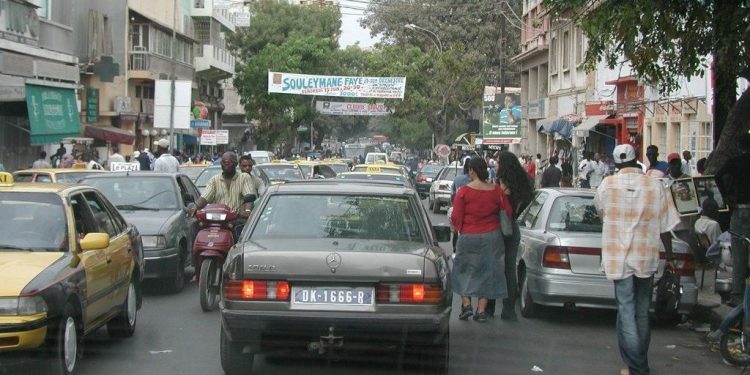Due to their reliability and affordability, Senegal has become a popular destination for Japanese used cars. However, before importing a vehicle, it’s crucial to understand Senegal’s import regulations to ensure a smooth process. This guide will walk you through the critical aspects of importing Japanese used cars to Senegal.
Senegal’s Import Regulations
Senegal has specific regulations governing the importation of vehicles, and it’s essential to familiarize yourself with these rules before proceeding. Generally, vehicles imported into Senegal must meet specific safety and emissions standards. Additionally, you’ll need to pay import duties and taxes based on the vehicle’s value and age.
Age Restrictions
One of the most important factors is the vehicle age you plan to import. Senegal restricts the age of used cars brought into the country. Typically, cars should be less than five years old to be eligible for import. However, there may be exceptions for specific vehicle types or circumstances, so checking with Senegal’s customs authorities for the latest updates is advisable.
Inspection and Documentation
Before importing a Japanese used car to Senegal, you must ensure that it meets its safety and emissions standards. This may require undergoing an inspection at a designated facility. Additionally, you’ll need to prepare all necessary documentation, including the bill of lading, certificate of origin, and proof of ownership, to facilitate the customs clearance process.
Import Duties and Taxes
Import duties and taxes can significantly impact the cost of importing a used car into Senegal. These fees are typically calculated based on the vehicle’s value, age, and engine size. It’s essential to calculate these costs accurately and budget for them when planning your importation.
Customs Clearance Process
Your Japan-used car can proceed through customs clearance once you’ve met all the requirements and paid the required fees. This involves presenting all relevant documentation, undergoing necessary inspections, and delivering outstanding fees. Once cleared, you can register and drive your vehicle in Senegal legally.
Conclusion
Importing Japanese used cars to Senegal can be rewarding, but it requires a thorough understanding of the country’s import regulations. By following the rules, ensuring your vehicle meets the necessary standards, and budgeting for import duties and taxes, you can successfully bring a reliable and affordable Japan-used car into Senegal. Always stay updated with the latest regulations and consult with customs authorities to ensure a smooth importation process.







